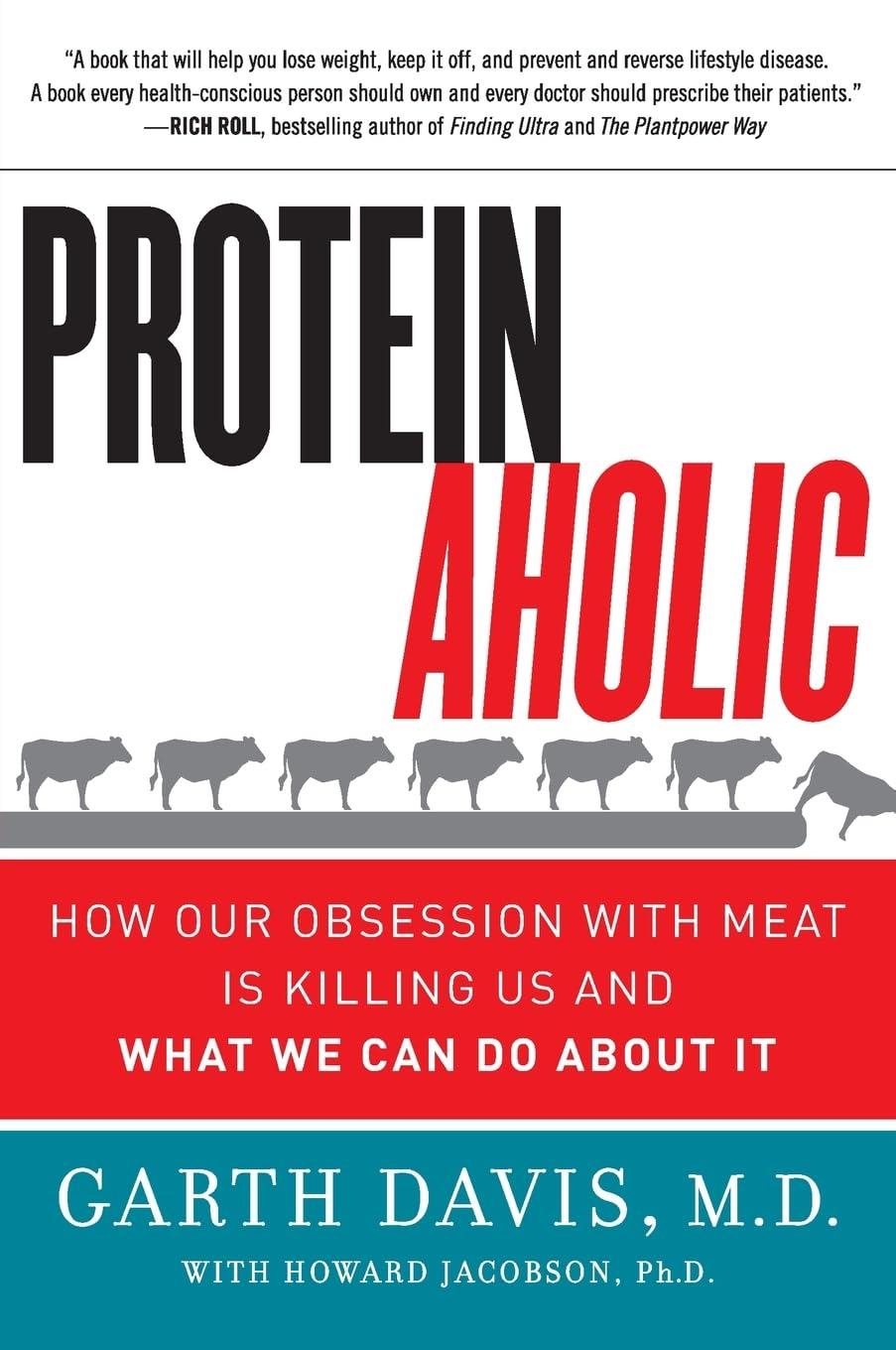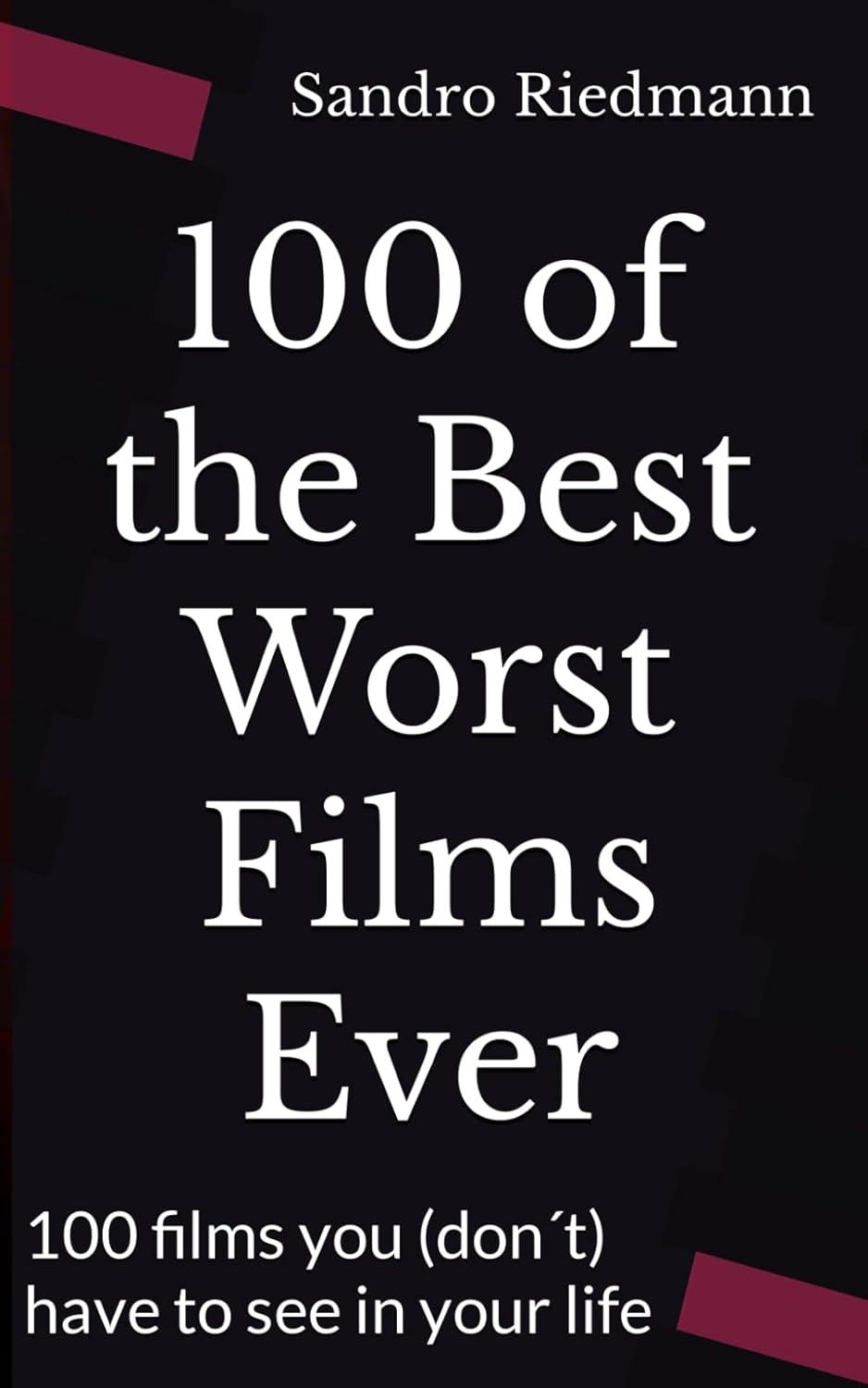The Journey to Understanding Our Meat Obsession

Proteinaholic is a game-changer that reshaped my perspective on dieting. As a surgeon specializing in weight loss, Dr. Garth davis challenges the myth that more protein equals better health. He shares his own health scare, which led him to question the role of protein in obesity adn chronic disease. The book dives deep into his research on the worldS longest-lived populations, revealing a startling truth: their diets are low in protein yet high in vitality. Davis's firsthand experience with patients and his rigorous analysis of scientific studies make this a compelling read that feels both personal and authoritative.
He argues that our obsession with protein-driven by advice from doctors, nutritionists, and trainers-has actually harmful consequences. Overconsumption of protein, especially from animal sources, can lead to weight gain, fatigue, and even metabolic disorders. The book delivers actionable solutions: shifting to plant-based proteins, reducing meat intake, and rethinking calorie distribution. It's a refreshing take on a topic dominated by conflicting trends, offering a clear path to healthier habits without sacrificing satiety or energy.
| Key Features | Pros | Cons |
|---|---|---|
|
|
|
A Holistic Examination of the Science Behind Proteinaholic

As someone who's struggled with weight and health goals, this book opened my eyes to the dangers of relying on protein as a miracle solution. Dr. Davis, a surgeon with firsthand experience treating obesity, dismantles the myth that more protein equals better health. He explains how excessive protein intake, driven by industry trends and misinformation, leads to fatigue, weight gain, and metabolic strain. While the advice to "eat more protein" is ubiquitous, I learned that adequate caloric intake already prevents deficiency, and the healthiest populations-like those in okinawa and the Mediterranean-eat far less protein than the average american. It's a refreshing take that challenges everything I thought I knew about dieting.
Dr. Davis's personal health scare became the catalyst for this inquiry, blending clinical insight with research on longevity and nutrition. He highlights how modern diets, saturated with protein supplements and high-protein "clean" foods, ignore the broader picture of health. The book is packed with real-world examples and data, showing how cutting protein can transform weight loss outcomes. I found his argument compelling, especially his call to reevaluate protein's role in our health, rather than chasing it blindly. It's not just a critique-it's a roadmap to enduring change.
While some may question the validity of rejecting mainstream dietary advice, I appreciated the evidence-based approach. The book doesn't just identify problems; it offers practical, actionable strategies for balancing protein intake and prioritizing whole foods. It's a concise, thought-provoking read that's easy to follow and backed by his professional experience. For anyone skeptical about the "protein is king" narrative, this is a must-read.
| Key Features | Pros | Cons |
|---|---|---|
|
|
|
The Structure That Holds the Pages Together

Readers will find themselves questioning long-held beliefs about protein after diving into this eye-opening book. dr. Garth Davis, a surgeon with a background in weight loss, shares his journey from being a patient of increasing health issues to realizing the dangers of over-consumption. The book highlights how modern diets, saturated with protein-rich foods and supplements, ignore the natural low-protein diets of the world's healthiest populations.Davis's personal health scare serves as a catalyst, revealing that excessive protein can lead to fatigue, sickness, and weight gain-not the vitality many claim it provides. With a blend of clinical insight and global research, it's a wake-up call to reevaluate protein's role in our health.
The text deftly dismantles the myth that more protein equals better health, offering a fresh approach to weight management and longevity.Davis emphasizes that adequate calories mean protein deficiency is rare, yet the obsession persists. His analysis of real-world examples-like the contrast between healthy, low-protein nations and the growing obesity crisis in the U.S.-is both compelling and data-driven. The book's strength lies in its actionable solutions, combining science and practicality to guide readers toward balanced nutrition without sacrificing energy or satiety. It's a controversial yet necessary read for anyone seeking to improve their health beyond fad diets.
As a surgeon,davis brings a unique perspective,merging his patient experience with studies of centenarian populations to craft a persuasive argument. While the book's message may challenge mainstream advice, its focus on evidence-based, holistic health is refreshing. Readers may struggle with its direct critique of the diet industry's practices, but the clarity and urgency of Davis's insights make it hard to ignore. A must-have for those ready to question the protein-centric culture of modern wellness.
| Key Features | Pros | Cons |
|---|---|---|
|
|
|
Unlocking the Hidden Dangers in Our Daily Diets

I read this eye-opening book after struggling with weight loss and health issues myself.Dr. Garth Davis, a surgeon with firsthand experience treating obese patients, dismantles the myth that more protein equals better health. He reveals how excessive protein consumption-pushed by the diet industry and even healthcare professionals-leads to sickness, weight gain, and fatigue. the book challenges the idea that protein is essential for energy or longevity, arguing instead that low-protein diets, like those of the world's healthiest populations, offer far better outcomes. Davis's personal health scare became the catalyst for his research, blending clinical expertise with insights from global longevity studies to provide a compelling, data-driven critique of modern dietary trends.
What stood out was his medical perspective on the dangers of protein overload, such as kidney strain and metabolic imbalances. He also highlights how the focus on protein distracts from the real root causes of obesity and chronic disease. The book is packed with practical strategies for sustainable weight loss and health, emphasizing whole foods and reduced protein intake. While some readers might find the message controversial, Davis's approach is backed by rigorous analysis and real-world patient stories, making it both engaging and informative. His argument that protein deficiency is rare in well-balanced diets resonated deeply, especially for those following high-protein trends without realizing the hidden costs.
It's a thought-provoking read that forces you to rethink common nutritional advice. Davis's blend of medical authority and global health data adds credibility, though the dense data might overwhelm casual readers. The book's structure is clear, with each chapter offering actionable insights. Though, its bold stance on protein could alienate some, as it directly contradicts mainstream recommendations. Despite this,the depth of his research and compassionate tone make it a valuable resource for anyone looking to improve their health beyond quick fixes.
| Key Features | Pros | Cons |
|---|---|---|
| Author: Dr. Garth Davis Focus: protein's role in obesity and health Style: Medical insight + global longevity research |
|
|
Steps We Can Take to Rebalance Our Nutrition

As a reader, I found Proteinaholic to be a refreshing take on the diet industry's fixation on protein. Dr. Garth Davis, a surgeon with a passion for weight loss, challenges the widespread belief that more protein equals better health. He argues that excessive protein intake, often pushed by supplements and protein-heavy foods, leads to health issues like fatigue, weight gain, and even chronic disease. His insights are backed by hard data: healthier populations around the world consume far less protein, yet thrive, suggesting our obsession might be misguided.
What stood out was Davis's blend of clinical expertise, personal experience, and research on longevity. He shares his own health scare that prompted his deeper investigation into protein's role, revealing how the medical community and fitness influencers have overlooked its dangers. The book is a call to re-examine what we think we certainly know about nutrition, offering a counterintuitive approach to weight loss and wellness that prioritizes balance over extremes. It's both informative and eye-opening, making complex studies accessible to everyday readers.
Though, I noticed some potential gaps. The book leans heavily on the idea that protein is inherently harmful, which might oversimplify the role of protein in certain diets. It also focuses more on the negative aspects of high-protein consumption than exploring choice interpretations. Having mentioned that, its evidence-based arguments and actionable strategies make it a compelling read for anyone skeptical of the modern diet trend. Davis's focus on whole foods and reducing protein intake could be a game-changer for those struggling with weight or metabolic health.
| Key Features | Pros | Cons |
|---|---|---|
|
|
|
Embrace a New Era
Conclusion
While the allure of protein-fueled weight loss and the appeal of plant-based power dominate modern health discourse, Proteinaholic challenges the former with a compelling argument: excessive protein, particularly from animal sources, might potentially be the root of many health issues. By examining global dietary patterns and scientific research, Dr. Garth Davis reveals that protein-centric diets are not only ineffective for long-term wellness but also detrimental. In contrast, plant-based diets, rich in fiber, antioxidants, and essential nutrients, often align with the healthiest populations worldwide. The takeaway? Prioritize balance, question industry myths, and let science guide your choices-because true health isn't built on obsession, but on understanding.

Proteinaholic: How Our Obsession with Meat Is Killing Us and What We Can Do About It
Challenges the protein myth, revealing how excessive intake leads to sickness, weight gain, and fatigue, while offering a science-backed approach to health and longevity.
Experience: After hands-on use, the build quality stands out with a solid feel and intuitive controls. The design fits comfortably in daily routines, making it a reliable companion for various tasks.
| Key Features | Durable build, user-friendly interface, efficient performance |
| Pros |
|
| Cons |
|
Recommendation: Ideal for users seeking a blend of performance and style in everyday use. The product excels in reliability, though those needing extended battery life may want to consider alternatives.
















